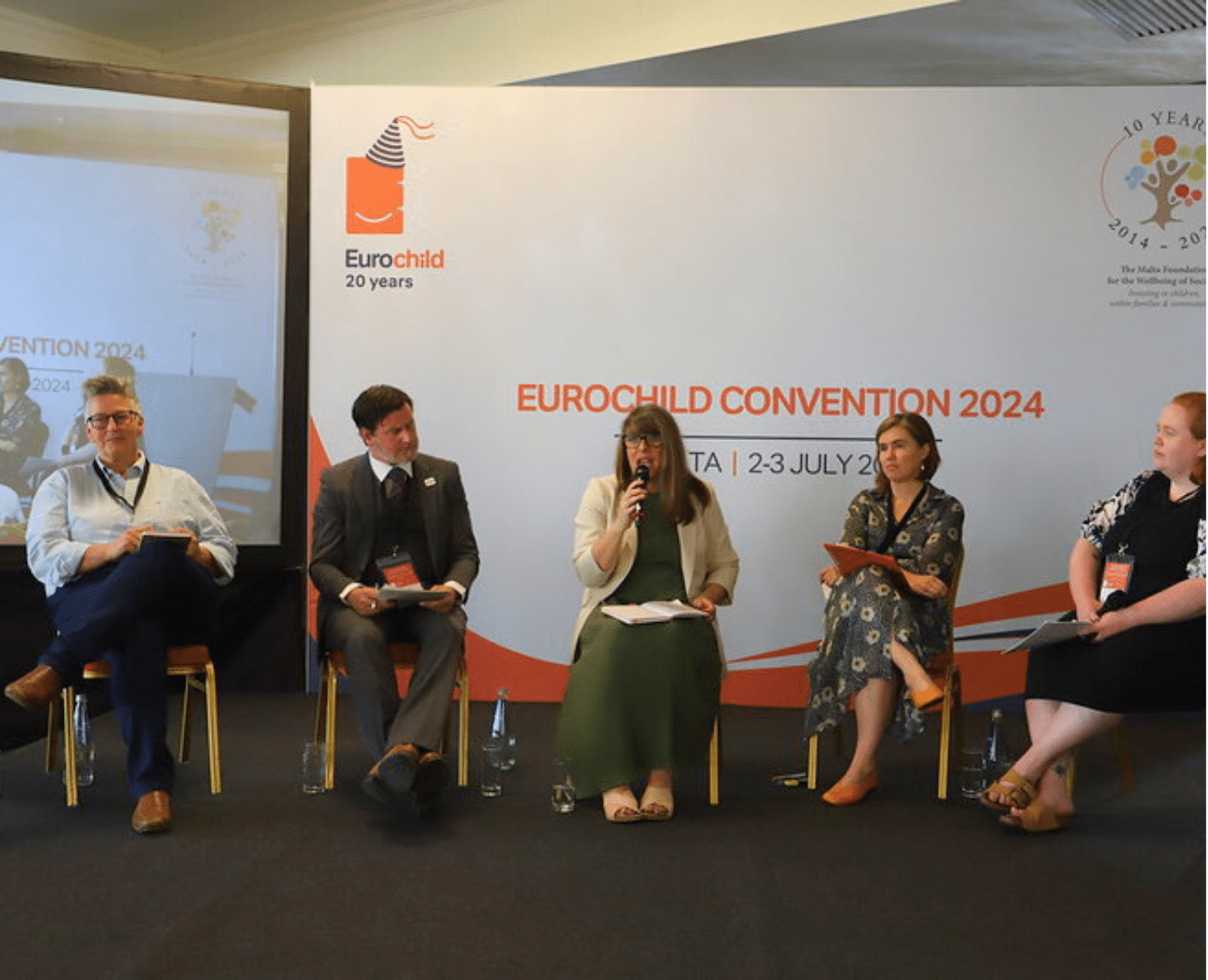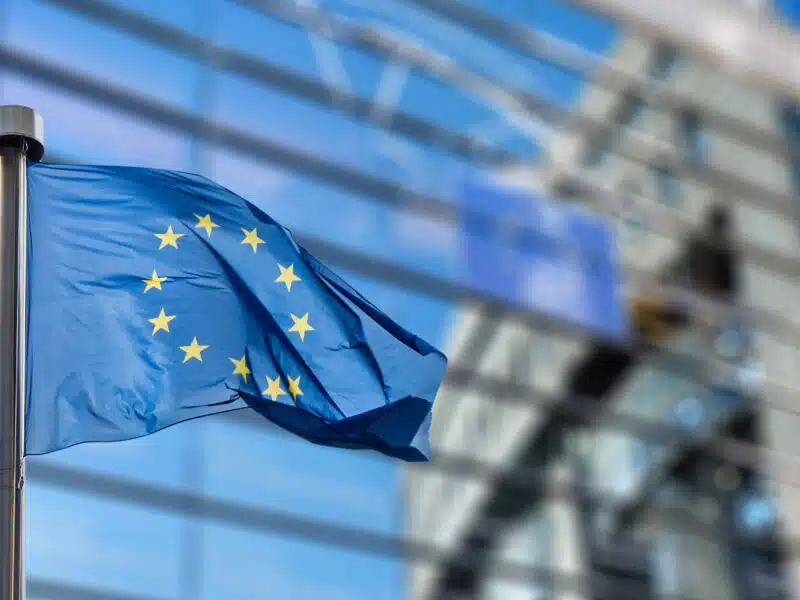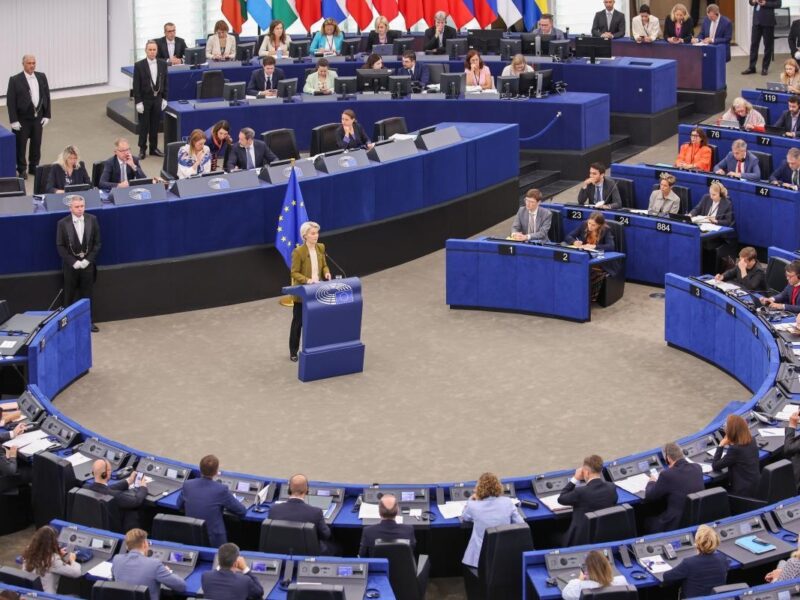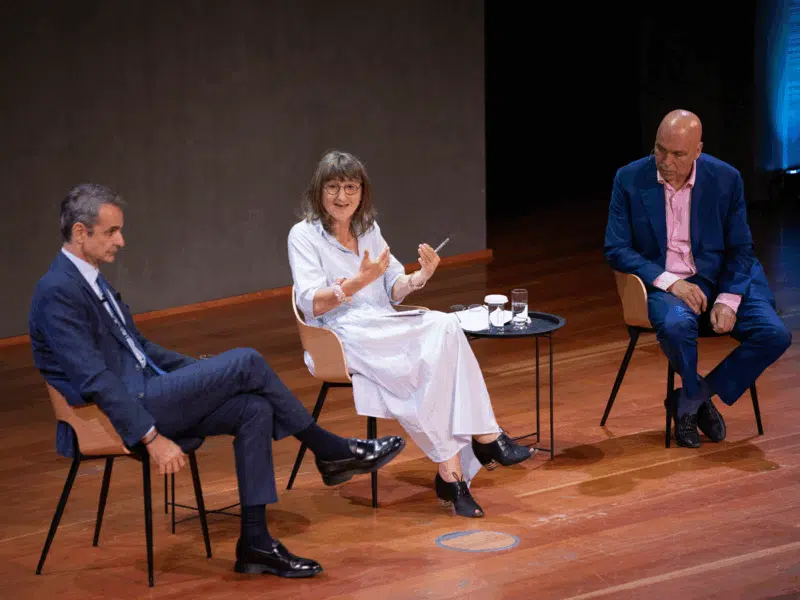Eurochild will drive holistic approach to child rights online
Advocates for children’s rights from across Europe met in Malta for the Eurochild Convention to explore how we can work together to tackle child poverty and social exclusion. 5Rights Foundation participated in a workshop on adopting an integrated approach to protecting children’s rights online.

During our workshop in partnership Eurochild, Child Rights Centre Albania, and Instituto de Apoyo a Criança, we discussed the importance of taking a holistic approach to children’s rights online. This incorporates understanding the complexity of children’s experiences in the digital environment, analysing the state of policy & regulations, and exploring the different roles of actors in realising children’s rights.
There is a growing concern that children are progressively becoming desensitised to online harms. VOICE research, carried out by ECPAT International and Terre des Hommes Netherlands, reveals that children have become reliant on their own ability to avoid digital harm and have no confidence in the solutions provided by digital services and platforms, like reporting and blocking features. This is a failure of companies in not providing a safe enough space for children. Businesses must start to respect the full extent of children’s rights, including rights to play, participate, and be educated. It is not enough to keep them safe; our collective work must empower and enrich their online experiences through Safety-by-design approaches.
Our digital world is not framed by one single piece of legislation, but rather a tapestry woven with the core principles of the UN’s Convention on the Rights of the Child and General comment 25. At 5Rights we have set four priorities and seven deliverables for what children deserve over the incoming EU leaders next term. We see the Digital Services Act (DSA) as a big opportunity to compound the rights of children in the digital environment, but this requires sufficient implementation, enforcement, and practical change that serves young people. We’ve set out these baseline expectations in our DSA best practices report.
By engaging with multiple actors and reflecting on the problems of the digital environment together, we can gain a clearer image of the conditions of the digital world and the lived reality of the children, while building capacity among civil society organisations to effectively support children’s rights online.
Recommended Reads

TikTok’s addictive design found to likely breach the Digital Services Act
5Rights Foundation has been advocating for swift and robust enforcement of the DSA to protect minors online since its entry into force. The preliminary finding on TikTok addictive design is a long-awaited step to enforce European rules and finally deliver for children’s safety online.

European Parliament resolution reaffirms commitment to children’s rights online
The European Parliament has adopted its Resolution on the Protection of Minors Online: a decisive commitment towards children’s rights online and a critical acknowledgment of the importance of robust enforcement.

European Commission President recommits to putting children’s online safety above profits
Von der Leyen’s State of the Union delivers what 5Rights and partners demanded for children’s rights online in yesterday’s coalition letter

Greek Prime Minister urges EU regulatory action against algorithmic exploitation of children
In conversation with 5Rights’ President Baroness Kidron at the global forum on AI in Athens, Prime Minister Mitsotakis denounced the tech sector’s “unprecedented global experiment with the mental health of our children”.
